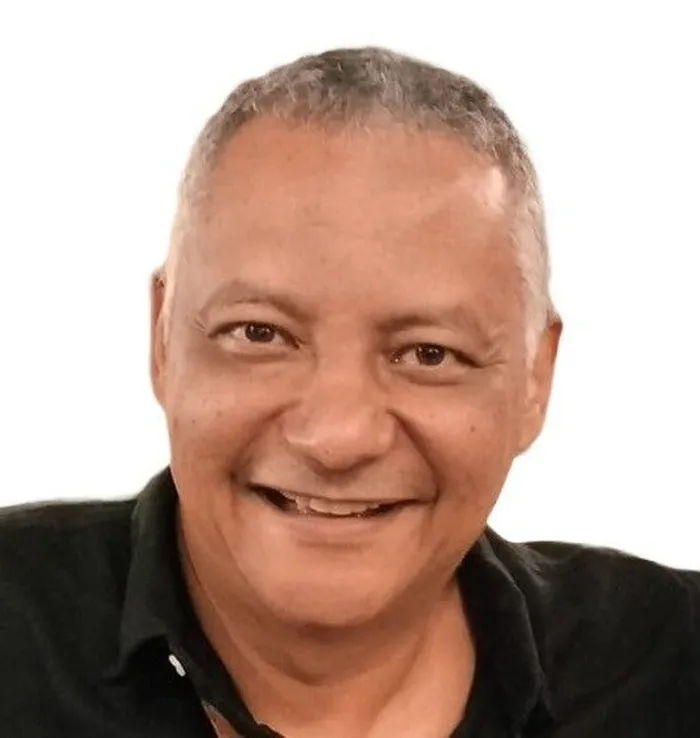
Ashley Green-Thompson runs an organisation that supports social justice action.
Image: Supplied
My first conscious political awakening happened when I was twelve or thirteen years old. Because there were no high schools for coloured people in my hometown of Vryheid in northern Natal, we all did the boarding school thing.
The nuns at Nardini Convent School convinced my folks that I should not follow my older siblings at Little Flower School in Ixopo – I guess Catholic nuns come in various guises and character. I ended up at Thomas More School outside Durban.
One Saturday, four of us went to see the first Rocky movie at the local cinema in Pinetown, and while my three white compadres were allowed in, yours truly was first grilled on his origins and race, and then denied entry.
It was a mild taste of the othering that apartheid visited on people living in South Africa.
Apartheid was brutal in how it separated communities and families purely on the basis of their skin colour. It created classes of inclusion – the fairer the skin, the closer to privilege. White folk comfortably lived their best lives, even the working class. Indians and coloureds were ranked next in terms of access to resources, and we internalised the aspiration to whiteness that would ensure our preferential existence over black Africans, who had very few avenues to pursue social mobility.
I know these are old-style apartheid classifications – it is for ease of communicating my point today. The complex conversation about identity will happen, just not today.
This apartheid horror story dehumanised us all. We were second-class humans in the eyes of white people and their government. The regime regulated the movement of black people in white areas using that most noxious policy – the carrying of the dompas, a passport to be in your own country.
Laws told you where you could live, who you could have sex with, who you could marry, and where you could school – all based on the colour of your skin. And in case you have forgotten, the enforcement of these rules to maintain the privilege of the centre was ensured by the army, the police, and their various anti-black agencies, who had carte blanche to kill and maim those who resisted and opposed the system. Thousands were tortured and killed in the name of keeping the other out.
It is little wonder, then, that when we won freedom in 1994, we designed a Constitution like we have.
We deliberately put human rights at the centre of the legal framework that would shape our society. We said South Africa will look after all who live and work in it because we knew first-hand what exclusion and othering does.
We bore the scars of apartheid separation, the alienation of black people - ALL black people - from their Africanness and their land.
We made a Constitution that would never allow the aggression of those protecting their privilege to determine the type of society we would live in. But, our political leaders have let us down in that regard and have chosen to conspire with the economic elite to again create the othering we fought so hard against.
We have been conditioned to fight each other for the morsel while the rich and connected feast on caviar.
I’ve used the analogy before of the rich guy with the pile of cookies warning the worker with one cookie that the immigrant will steal his cookie.
The reaction by certain sections of our community to people who’ve come here from other countries tells me that we are being played by the rich and powerful. Anger and frustration of poor people who are struggling to access resources, is directed at other poor people who are also seeking a better life.
None of that anger is directed at the ones at the top of the pile who thrive and survive on the othering of communities.
The political elite love it when they can deflect public attention from their feasting at the trough by blaming the other – the foreigner – for the crises in our health system, the unemployment and crime that drain our hope, for an education system that for so many realises Verwoerd’s dream to make black people hewers of wood and drawers of water only.
We’re spending energy fighting other poor people instead of fighting a system that continues to exclude and other whole communities. We are complicit through our attitudes and behaviour in perpetuating apartheid’s exclusionary practice. We would do well to remember the horror of what happens when the other is dehumanised to such an extent that it becomes acceptable to visit violence upon them.
Related Topics: